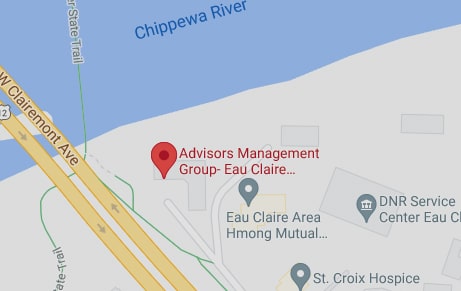Roth IRA contributions are not tax-deductible, so there is no tax benefit for the year of contribution. The tax benefit comes when you take a distribution. If you follow the IRS rules, distributions from Roth IRAs are generally tax-free. Typically, you have to be 59 ½ or older and the account has to have been established for at least five years. Although, there are special rules in the case of death, disability, and conversions.
Not everyone can contribute to a Roth IRA. First, you must have earned income, basically income from a job or self-employment. Secondly, there are income limits for contributing to Roth IRAs. In 2021, if your filing status is married filing joint or qualified widow(er) and your modified adjusted gross income falls between $198,000 and $208,000, you can still contribute to a Roth IRA, but the contribution is limited. If your income is above $208,000, you cannot contribute to a Roth IRA. For single or head of household filers, the phase-out range is $125,000 to $140,000. If you are above $140,000, then you cannot contribute to a Roth IRA. These income ranges can change each year. It is best to consult with a tax professional or an investment advisor to understand if you are eligible to contribute to a Roth IRA and how much.
Backdoor Roth IRA
If your income is too high and you do not qualify to make a Roth IRA contribution, there may still be a way to contribute to one. The strategy uses current tax law, and the term is coined, “backdoor” Roth IRA contribution. First, you make a non-deductible Traditional IRA contribution. This can be done even at high-income levels. Next, you immediately convert that traditional IRA to a Roth IRA; there is no income limitation for these types of Roth IRA conversions.
A Few Words of Caution
Even though the backdoor Roth IRA process seems simple, there are several things to be aware of when completing one. The first thing is the timing of the traditional IRA contribution and the conversion to the Roth IRA is important. If done appropriately there may be no tax due on this transaction. Also, delays in the process could cause gains in the traditional IRA to be taxable upon conversion. In addition, if you already have other traditional IRAs, this strategy may not work for you as it can cause unwelcome tax surprises down the road. Finally, this transaction will generate a 1099-R and will need to be reported on your tax return. Due to the complexity of this strategy, we recommend consulting a tax professional and investment advisor before starting this process.
If you would like to learn more about this strategy to see if it is right for you, please contact one of our team members.
 |
Rebecca Agamaite, MBAClient Experience Manager, Investment Advisor RepresentativeRebecca joined the Advisors Management Group in 2011 as an Investment Advisor Representative. Rebecca brings a great deal of experience to the team having worked for several years at Marshall & IIsley Bank and MetLife. |
Advisors Management Group, Inc. is a registered investment adviser whose principal office is located in Wisconsin. Opinions expressed are those of AMG and are subject to change, not guaranteed, and should not be considered recommendations to buy or sell any security. Past performance is no guarantee of future returns, and investing involves multiple risks, including, but not limited to, the risk of permanent losses. Please do not send orders via e-mail as they are not binding and cannot be acted upon. Please be advised it remains the responsibility of our clients to inform AMG of any changes in their investment objectives and/or financial situation. This commentary is limited to the dissemination of general information pertaining to AMG’s investment advisory/management services. Any subsequent, direct communication by AMG with a prospective client shall be conducted by a representative that is either registered or qualifies for an exemption or exclusion from registration in the state where the prospective client resides. A copy of our current written disclosure statement discussing our advisory services and fees continues to remain available for your review upon request.



